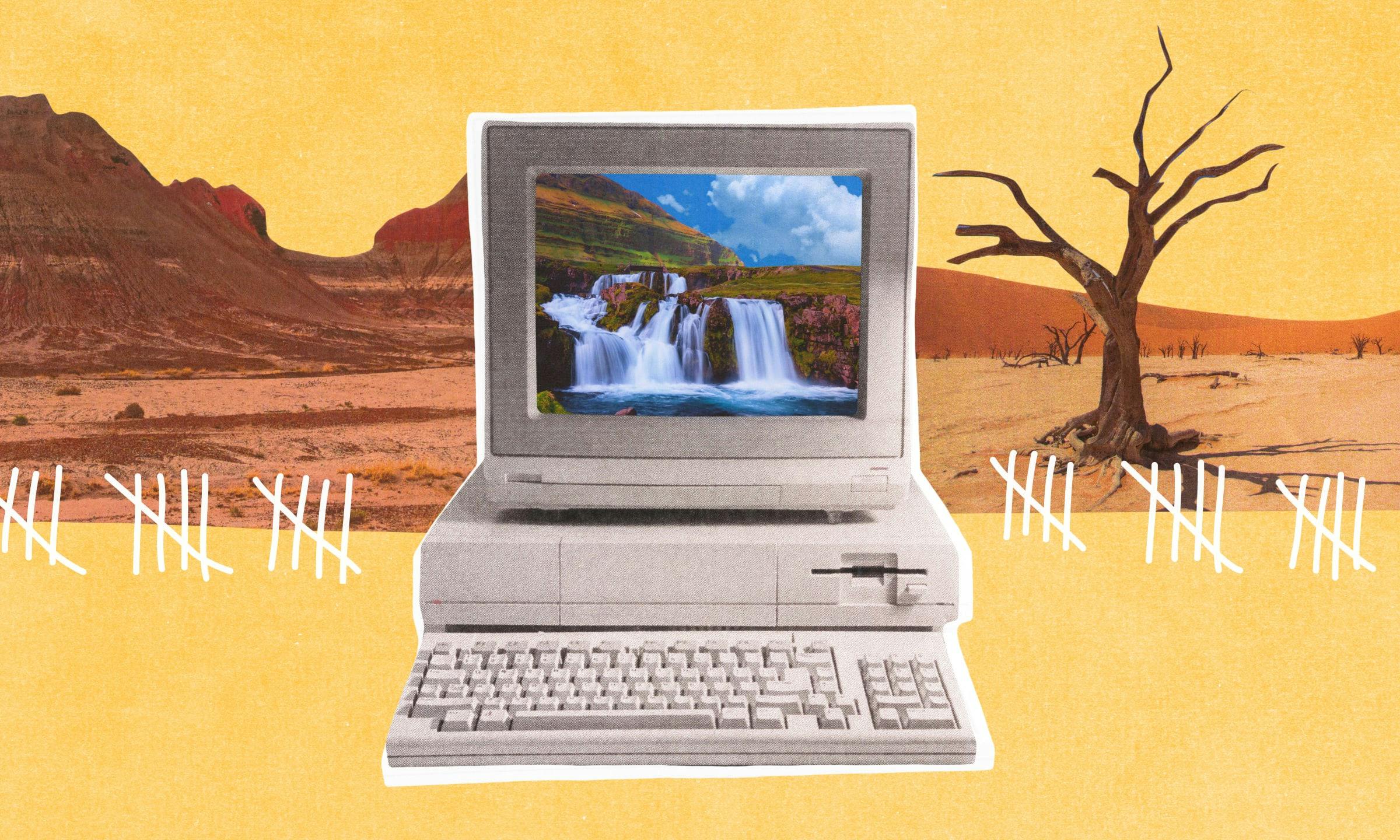The Insidious Problem with A.I.-Generated Creativity

Depending on your perspective, watching the progression of A.I. over the last few months has been pretty entertaining, and there have been no shortage of news-worthy events.
We’ve seen full-length movies that have been written and produced by A.I. We’ve seen a flood of A.I.-generated novels appear on Amazon. We’ve even seen a whole lot of music-industry fakes— most notably, an A.I.-generated Eminem rapping about cats and an A.I.-generated Drake and The Weeknd song called “Heart on My Sleeve,” which went viral before people realized it wasn’t real.
On the creative agency side of things, it’s been pretty interesting to watch as well.
In addition to a near-endless offering of A.I. tools that agencies can use to create art and images and blog posts and contracts, it’s now possible to create an entire brand, complete with a website and logo and just about anything else you want written or designed, with the click of a mouse.
In many respects, these A.I. creations are harmless. Sure, there are copyright issues to sift through, and Eminem and Drake are none too happy, but I’m sure that with time (and lawyers), these things will work themselves out.
And yet, I can’t help but wonder about A.I.-fueled creation, and what it means for us as creators. More specifically, I can’t help but wonder about what we’re losing when we outsource our creativity.
It seems like so many of the A.I. applications that are being created under the auspices of saving time and energy and money (“Create a website in minutes!” “Write content in seconds!” “Build an entire ecommerce business with the push of a button!”) are really just solutions designed to separate people from their money as quickly as possible, at scale, without delivering on the fundamental promise of design and creation—which is to compel, to inform, to inspire, to delight.
Yes, you can write a book and make a movie and spin up a website with A.I., but does anyone want to read your book or watch your movie or visit your website?
I have my doubts.
The creative contract
In graduate school, when we workshopped essays or short stories, we often talked about something called the “contract with the reader.” The premise is that you, as the reader, and me, as the writer, are in a relationship, and that relationship is governed by an implied contract.
The contract is simple, but important.
Among other things, it demands that when I, as the writer, tell you I’m writing a true story, I write a story that is indeed true.
It demands that when you, as the reader, engage with a piece of fiction I’ve written, you suspend your disbelief long enough that I’m able to create a world, or scenario, that you don’t question on the grounds of veracity, so you can get lost in the fantasy of it all.
We both have roles to play, and we both have obligations to uphold.
Most importantly, though, the contract with the reader demands that the writer consider the reader’s time and needs. Pacing, plot, narrative. Facts, sources, quotes. Grammar. Voice. Diction.
Choices regarding each of these writer tools are selected and deployed in a way that coalesces to create a particular experience for the reader. Sure, I begin by writing for me, but somewhere along the way that changes.
For example, if the writer uses a word that the writer likes, but it’s esoteric, the writer has an obligation to change it. (Yes, it’s a delicate dance, but, in the end, writing is meant to be understood.)
This is what differentiates journaling, which is only for the writer, from say, a magazine article or a piece of thought leadership, which are both meant to provide actual value to the reader.
What we lose when it comes to A.I.-generated writing and design is substantial because the point of writing and design is to make something valuable for the reader or viewer. Does ChatGPT consider the reader’s wants? Does A.I. design a website that solves a particular problem?
A.I.s that focus on language, like ChatGPT, have made it incredibly easy to create words, but that’s not the same as making it incredibly easy to create valuable words.
There’s a difference. And within that difference is everything that matters.
Critical importance
I could have written the piece of writing you’re reading right now with ChatGPT.
I think you’d know if I did, but it’s possible I’m wrong. Perhaps it could masquerade as something digestible. Maybe there’d even be something in there worth reading.
Regardless, I’d simply never do it, because doing so would break my contract with you, the reader, and that’s not something I take lightly.
Maybe that makes me old school, or a Luddite, or naive, but at this point, it’s a boundary I’ve set that I’m not willing to remove. To be clear, though, I’m not against these technologies, it’s just that I see A.I. as a supplement to creativity, not a substitute for it.
In an Economy of Distraction like the one we live in today, attention matters more than ever. Everyone’s time is precious and finite and increasingly taxed.
I think that makes the creative contract more important than ever, too.
We should do whatever we can to protect it.


